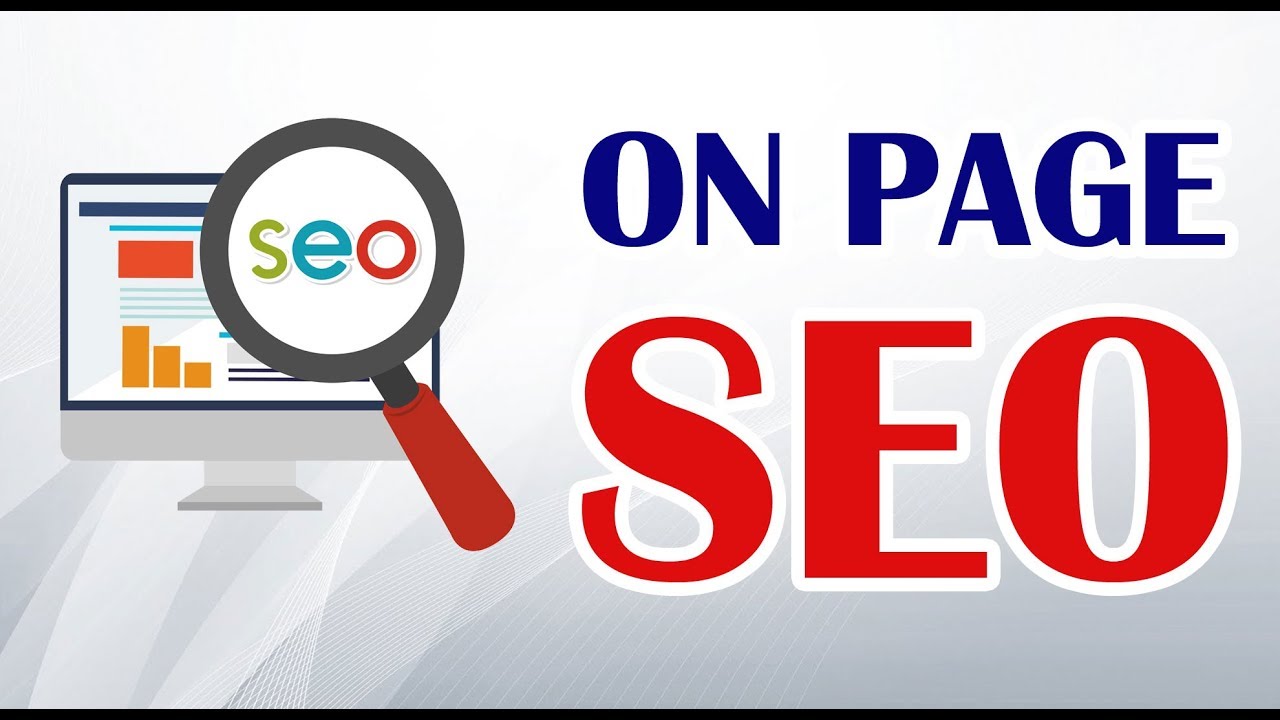
Elements of On-Site SEO
On-site SEO refers to optimising the website from within, using the aforementioned components as well as content, targeted words that are written strategically as well as other elements.
Below are some of the most important elements of on-site SEO:
Page Titles
Page titles are usually seen at the very top of an internet browser or in the window label or tab of an open web page. Another way to find out the title of a web page is to save it to favourites. Pages are saved according to their page titles. It is important to title all web pages using key terms that you want users to find your site with, and should match the key terms found in your written website content as well. A mistake often made by business websites is to put their business name, logo or other material on these page titles. However, that will not help users find your site. For example, if a costume rental business by the name of “Monster Deals” has a page with female witch costumes, and would like to be found in a search by a similar search phrase, then the page title should be something close to “Women’s Witch Costumes.” Think of these terms according to how you would search for them – not according to what sounds or looks best.
Meta Descriptions
Meta description are displayed on the search results page, under the page title.
Those descriptions are implemented in the HTML code side of the website, at the head section of the page. Most Content Management System (CMS) allow you to add meta description without the need to manually edit the HTML code.
A good meta description should give an accurate and easy to understand description of the content of the page. You should include the keyword you are targeting but in an organic way so the description stays readable and grammatically correct. Technically, the length of a meta description is not limited by characters but Google truncates the description after approximately 300 characters (as of December 2017).
In the past, search engine used to give importance to another meta field called keywords, but nowadays it is best practice to leave that field empty.
Valuable, Worthwhile Content
Filling up your pages with fluff and self-promotional clichés may be the stuff of TV commercials and print advertisement but is not useful for search engine or human consumption. If your website content is unoriginal, auto-generated, “spun” (taking the same article and having it rewritten to basically say the same things with a few minor changes) or otherwise devoid of real value – not only will it not do well in search results, your website might also be penalized by search engines. Useful, original, well-written content is becoming a more and more critical component of a web page and a website as a whole.
There are several reasons for this:
• Original content, with chosen keywords used naturally and modestly, is given higher value in search results. As mentioned before, search engines give low rankings to sites that try to cheat with the overuse of keywords, also known as keyword stuffing.
• Worthwhile, updated and regularly added content is also another SEO strategy. Websites that regularly update and add good content to their site will rank higher in search results than old, stale content that has not been revisited or updated by the writer.
• The more informational, useful, well-written and otherwise valuable content a website has, the more opportunities to receive inbound links from other sites, which is an extremely important ranking factor.
• The more content a website has, the more opportunity for deep links – which are widely accepted as one of the most important factors in SEO. Deep links are backlinks that link to internal sections, subsections of your website. It serves to prove to Google et al that specific and targeted information has been found, read and linked to by another site that finds this content valuable.
If you own a business, or are monetizing a blog, then obviously you have expert information about a particular subject. The more valuable content you provide your visitors, the better it is for your website. Essentially, you must put your audience ahead of conversion rates, sales, or other typical business priorities.
Your sales and other business goals must result from offering expertise, valuable information and insight; not from content that is “sales forward”. This really works both for the search engines and your targeted audience.





